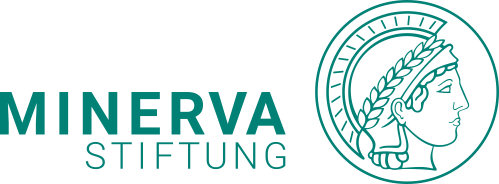Betä Ǝsraʾel Autonomy in the Sǝmen Mountains and Its Wars with the Solomonic Kingdom

Medieval and early modern Jews usually lived as a minority under non-Jewish rule, but there are a few known cases of independent or autonomous Jewish and Judaic polities in these time periods. One of the most intriguing and least-known cases is that of the autonomous Betä Ǝsraʾel (Ethiopian Jews) in the Sǝmen Mountains of northern Ethiopia. Present-day Betä Ǝsraʾel oral tradition refers to this autonomy as the “Kingdom of the Gideonites”, named after the regnal name which several of its rulers traditionally bore – Gedewon (the Ethiopic version of the biblical name Gideon). From the fifteenth to the seventeenth century, the Betä Ǝsraʾel of the Sǝmen and its surroundings were involved in a series of wars against the Christian Solomonic kingdom, until finally being subdued in the late 1620s. The royal chronicles of Solomonic monarchs provide detailed accounts of these wars, including the names of localities in which strongholds used by the two warring sides were located. Additional information on these wars and on Betä Ǝsraʾel autonomy in the Sǝmen is found in a variety of Middle Eastern and European sources, and in the oral tradition of the Betä Ǝsraʾel.
While a few historical studies examine these wars with a focus on their impact on the development of Betä Ǝsraʾel society, the geographical and material-culture related aspects of these wars, and of Betä Ǝsraʾel autonomy in general, are at present virtually unknown. Indeed, no archaeological survey of the Sǝmen Mountains and their immediate surroundings has ever been carried out, apart from the survey of Betä Ǝsraʾel monasteries carried out in the context of the JewsEast research project. A few monumental structures in the Sǝmen have been the subject of historical and art-historical studies, but most of the Sǝmen remains an archaeological terra incognita.
This project, based on a fellowship provided by the Minerva Stiftung, will examine the material culture and geographical aspects of Betä Ǝsraʾel autonomy in the Sǝmen Mountains and of the Betä Ǝsraʾel – Solomonic wars for the first time, and shed light on the nature of this autonomy and the interaction between the different religious groups residing within it and in its vicinity. As a central part of the research, an archaeological survey will be conducted in the Sǝmen Mountains, aimed at locating and examining the remains of the strongholds used in the context of these wars, as well as other sites and structures shedding light on the autonomous Sǝmen Betä Ǝsraʾel. The descriptions in the sources will be re-examined based on the geography of the battlefields and of other relevant sites and the material remains uncovered during the survey. Issues that will be addressed include:
- The characteristics and nature of the strongholds used in the course of the wars
- Similarities and differences between the strongholds used by the Betä Ǝsraʾel and those used by their Solomonic counterparts
- Tactics used by the two warring sides
- The size and precise location of Betä Ǝsraʾel autonomy in the Sǝmen in different phases of its existence
- The impact of Betä Ǝsraʾel autonomy on trade and travel in the Sǝmen and on the non-Betä Ǝsraʾel inhabitants of this region
- Differences between the material culture of the autonomous and the non-autonomous Betä Ǝsraʾel
Duration
09/2020 – 08/2022
Funded by

Affiliated Persons


